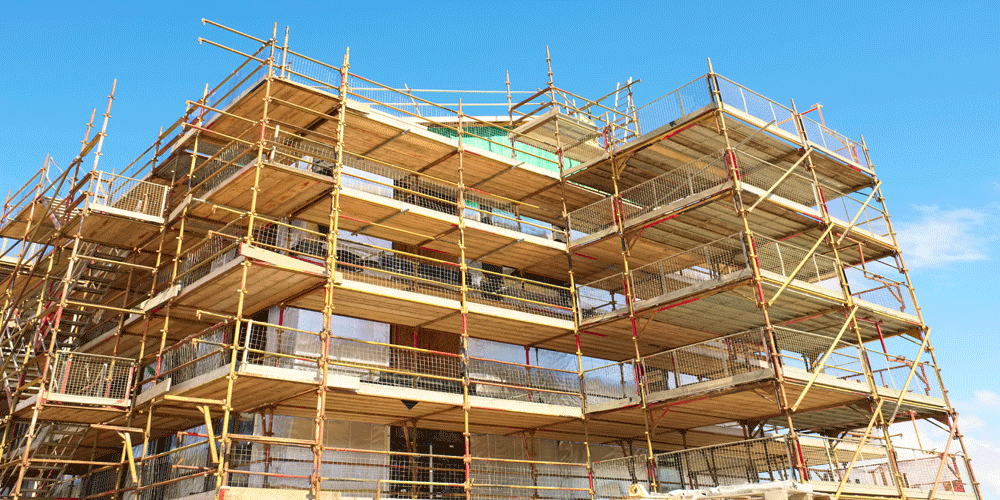Construction is a vast industry that encompasses various sectors, including residential and commercial construction. While both types involve building structures, there are significant differences in terms of design, materials, regulations, and project management.
Whether you’re planning to construct your dream home or considering investing in a commercial property, understanding the dissimilarities between residential and commercial construction is crucial. In this blog post, we’ll delve into the disparities between these two branches of construction and explore the factors that set them apart.
Residential Construction
Residential construction primarily focuses on building houses, apartments, condominiums, and other dwellings intended for individuals or families. The primary purpose of residential construction is to provide comfortable, functional, and aesthetically pleasing living spaces. Here are some key features that define residential construction:
Size and Scope: Residential projects generally tend to be smaller in scale compared to commercial projects. They involve the construction of single-family homes, duplexes, townhouses, or small apartment complexes.
Design and Architecture: Residential construction often emphasises personalised design and architectural features that cater to the specific needs and preferences of homeowners. Customisation, interior layout, and aesthetic appeal play a significant role in residential construction projects.
Regulations and Permits: While residential construction projects must adhere to local building codes and regulations, the permit process is usually simpler and more streamlined compared to commercial projects. The focus is on ensuring the safety and livability of the structure.
Materials and Finishes: Residential construction often utilises a wide range of materials, including wood, brick, concrete, and steel. The choice of materials depends on factors such as budget, design preferences, and the local climate.
Project Timeline: Residential construction projects generally have shorter timelines compared to commercial projects. However, the duration can vary depending on the sise and complexity of the structure, as well as external factors such as weather conditions.
Commercial Construction
Commercial construction encompasses the creation of buildings and structures designed for commercial purposes. This category includes office buildings, retail spaces, hotels, hospitals, schools, and more. Here are the key characteristics that distinguish commercial construction:
Scale and Complexity: Commercial projects are typically larger and more complex than residential ones. They involve extensive planning, design, and engineering to meet specific commercial requirements and accommodate a significant number of people or activities.
Functional Efficiency: Commercial buildings prioritise functionality and efficiency in terms of space utilisation, traffic flow, and building systems. The design and layout are focused on optimising productivity and meeting the specific needs of the business or organisation occupying the space.
Safety and Accessibility: Commercial structures must adhere to stringent safety regulations and accessibility standards, ensuring compliance with fire codes, ADA (Americans with Disabilities Act) requirements, and other relevant regulations. These regulations are in place to protect employees, customers, and the general public.
Specialised Systems: Commercial construction often involves the integration of specialised systems such as HVAC (heating, ventilation, and air conditioning), electrical, plumbing, and advanced technology infrastructure. These systems support the operational needs of businesses and organisations within the building.
Project Management: Commercial projects typically require more extensive project management due to their sise, complexity, and involvement of multiple stakeholders. Construction timelines, budgeting, and coordination with architects, engineers, contractors, and various trades are critical aspects of successful commercial construction.
Residential and commercial construction are distinct branches of the construction industry, each with its own set of requirements, considerations, and priorities. Residential construction emphasises creating comfortable homes and living spaces, while commercial construction focuses on constructing functional and efficient buildings for business purposes.
Understanding the differences between these two types of construction is essential for anyone involved in or considering embarking on a construction project. Whether you’re a homeowner or a commercial investor, being knowledgeable about the disparities will help you make informed decisions and ensure the success of your construction endeavor.
